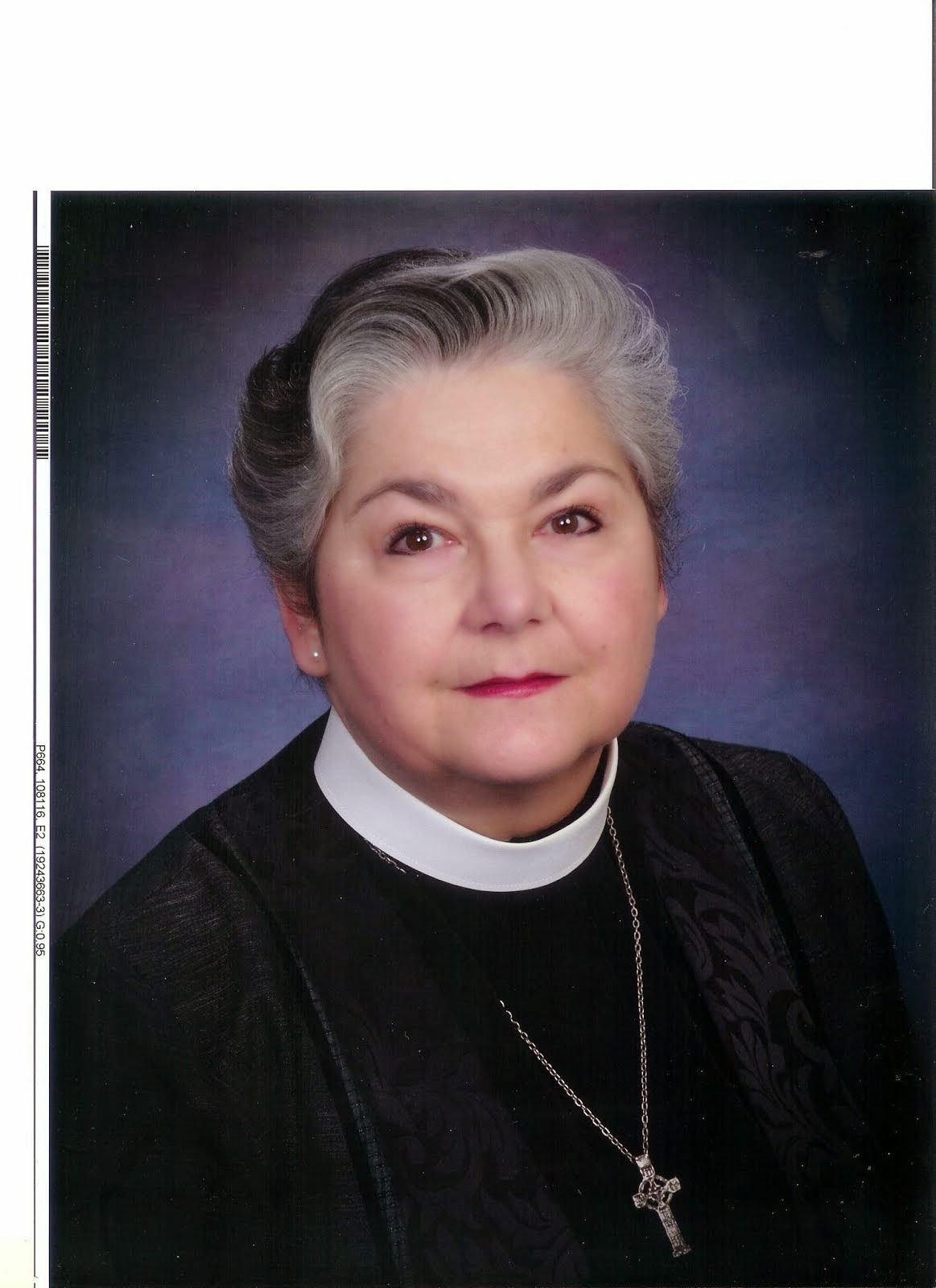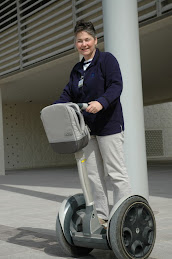We human beings think we know how things work. We make assumptions.
We think we know what to expect when we examine something more closely, based upon our prior experience with similar things. We think there are predictable behaviors in the natural world, and we think there are predictable behaviors in people, too. We make judgments about how people are based upon what we first see – those infamous “first impressions – and we think we know who they are in all their complexity just from those first senses we get about them.
What a surprise, then, when we discover that our beliefs, our assumptions, are wrong!
Think of it like a geode.
Geodes are geological formations. Geodes usually appear in sedimentary or volcanic rock. They look for all the world like big old rocks. Brown. Unprepossessing.
Pretty boring, actually. But when you break them open, look what you find…gorgeous quartz crystal formations, in glorious colors. Amethyst, rose, yellow. Amazing, and even more surprising given how mundane the exterior looks.
If we thought the inside of a geode was just like the outside, we’d never want to crack them open. We’d never see the glory inside.
We’d have made an assumption – a false one, it turns out – about how this rock was constructed and what it looked like on the inside. And we’d miss something amazing.
It works that way with people, too.
There was a professor I met when I first went to seminary. She had a reputation for being fiercely intelligent. Frankly, she scared me. So I avoided her, and didn’t sign up for any of her classes, because I thought she was scary and would judge me a poor student. I avoided her successfully in my first year, but much to my dismay, she was assigned to be my advisor in my middler year. We met, and my impressions of her as an intelligent and rather brusque person seemed to be confirmed. I had been doing well enough in seminary that I didn’t think she would write a bad middler evaluation of me – one of the critical things that would move me forward to ordination or block me – but she certainly wouldn’t meet anyone’s description of “warm and fuzzy and encouraging.” I was sure I knew who she was.
Then something happened.
In the midst of that middler year, the most exhausting one in the seminary curriculum, I got sick. Very sick.
I was in the ICU. I didn’t think I was going to die, although other people, including my husband, worried that I might. Who comes rolling through the door of my room one afternoon, wearing the gown and the gloves and the mask that everyone who came through the door had to don? You guessed it. My professor. She brought me communion, she talked about how she had informed the rest of my professors what was going on, so I shouldn’t worry, and sat and held my hand for a while as I talked about my fears that this illness would derail my ordination process.
No, she wasn’t warm and fuzzy, but she was supportive, and listened to my fears without dismissing them as silly, and helped me in the ways that she could. Not what I expected from her, based on my assumptions, my impressions.
In my senior year, she was my thesis advisor. She was tough. She expected a level of academic performance several notches higher than any other professor in the seminary. One week, when I brought her some writing that was, frankly, mediocre, she told me in no uncertain terms that this was not the level of work she expected, and I’d better get it together. This was all consistent with my original understanding of who she was – the tough, scary person. But she also encouraged me when I did good work, suggested ways of working with the scholar who was serving as an external evaluator of my work – he was a bit difficult, and celebrated with me when the thesis was done.
Yes, she was like my first impression, somewhat, but she was much more. Had I not had the surprise of who she could be under different circumstances, I would have dismissed her as someone with whom I didn’t want to engage.
You crack the geode open, that geode that looks like a plain and hard rock, and you find crystalline glory inside. Surprises abound, when you least expect them.
So it was for the women in today’s gospel. Mary Magdelene, Joanna, Mary the mother of James, the other women. They went to Jesus’ tomb with certain expectations. They knew how things went when someone was dead. They were laid in a tomb, and the body needed to be properly prepared, with spices like myrrh, like the spikenard with which Mary bathed Jesus’ feet. It was a sad task, an end to a terrible time when they had watched Jesus brutally killed on the cross, caught in the political crossfire between the religious leadership and the Roman governor. They probably carried the small pouches and bottles of spices in baskets made of reeds. Their arms ached with the weight of the baskets even as their hearts ached with their loss of the beloved one who taught them a new way of knowing God. And their walk was probably a silent one.
Each had their own thoughts, their own anticipation of seeing the cold, white body in the tomb, with the horrific wounds from the nails, from the spear. They knew what to expect.
But the rock was cleaved. The stone that covered the tomb was rolled away. And two strangers, “two men in dazzling clothes,” were standing there, telling them that Jesus was not there, that he was alive, as he had told them would happen.
The rocky cave, broken open. Something much different than they had expected within. Something so beautiful that the only thing they could do was to run back to the others in shock and amazement, to tell them what they had seen and heard.
Unless you actually see the inside of the geode, how could you ever guess the beauty that lies within?
So when the women told the disciples, the men’s reaction was predictable. “No, you women couldn’t have seen that. You couldn’t have heard that. That’s not the way the world works. Somebody dies, they’re dead. Their body remains in a tomb. Maybe Jesus had started to decompose and your mind was affected by the odor and your own stupid, womanish emotions.”
The women insisted, though, so Peter went to see for himself. And what he saw was the rock, cleaved. The crystalline glory within. Not the body of their teacher, cold and dead. Just the winding cloths in which he had been interred, folded, on the stone. Jesus gone, risen from the dead.
Easter reminds us once again that Jesus’ death and resurrection is not what we would expect. It breaks all the natural rules. It turns our expectations of what will happen upside down.
The rock is broken open and what remains within is not a broken human body. What remains is the glorious surprise of what God can do. A resurrection. A triumph over death.
It is unexpected, but the ultimate unexpected act is the one that is also a part of this story. Jesus not only rises, no longer dead but eternally alive – he also frees us from our own death, our own sinfulness.
This is the joy of the resurrection. This is the brilliant crystal within the dull brown rock: we are saved. In one utterly incomprehensible moment, Jesus himself is no longer dead, and neither are we.
Because of what he has done, we are alive, in him. Our sins are forgiven. Our brokenness is healed.
The geode is cleaved and we see what is within. What do we see? Ourselves, beloved, saved, filled with love and gratitude for the gift of Jesus in our lives. Ourselves, full of possibilities and potential. We have the opportunity to look deeper than the expected assumptions of who we are, and what Jesus means to us.
We can break open the rock and see something that defies what we expect, what we assume. Because that’s the thing – we look at something and then make assumptions based upon past experience, because of what we have seen or read or felt. With God it is different. God looks at something and doesn’t think backwards…God thinks forward. God sees the possibilities and the surprises that are within something. That is why Jesus’ death is not an ending, but a beginning. That is why our possibilities, in God’s eyes, are infinitely more important than how we have failed in the past.
Alleluia! The Lord is risen, and we, too rise, with him and through him. Alleluia, indeed!
Amen.
Subscribe to:
Post Comments (Atom)







No comments:
Post a Comment